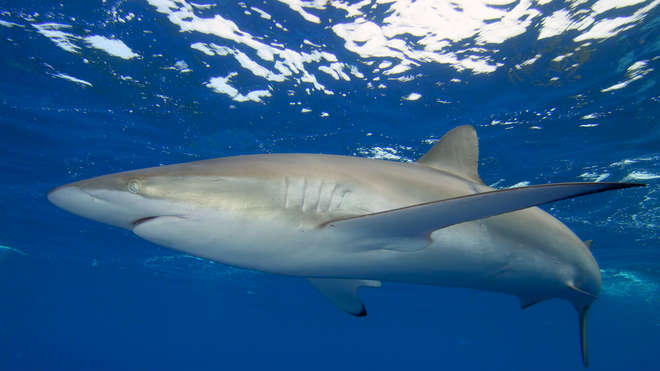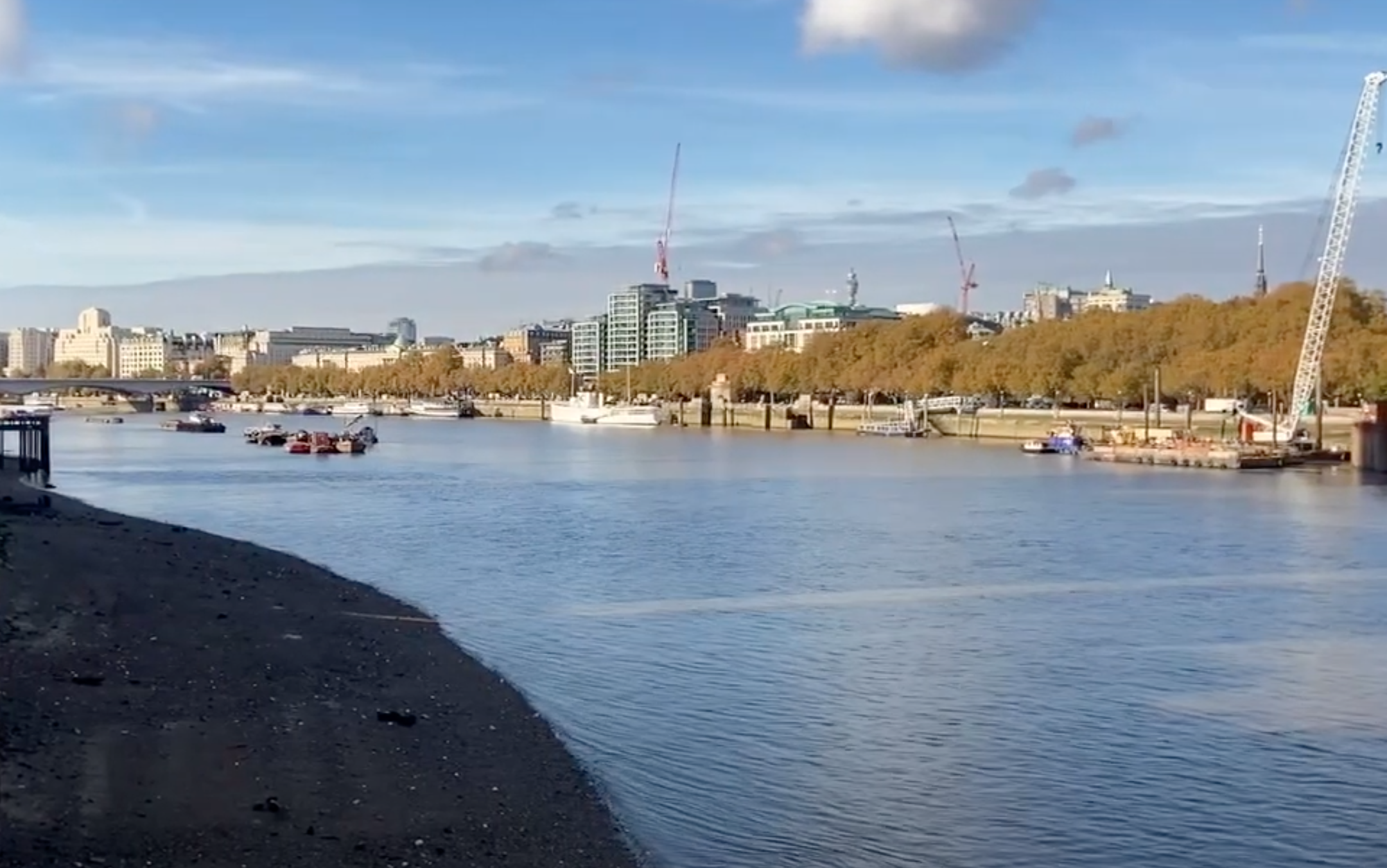Sharks, Seahorses and Seals find new home in the River Thames
Sharks, Seahorses and Seals find new home in the River Thames
SHARKS

Sharks, Seahorses and seals find new homes in the river Thames due to climate changes, the Zoological society of London highlights the rivers as declared ‘biologically dead’ in 1957, Sharks in River Thames face critical risk of extinction, The article: https://www.zsl.org/conservation/regions/uk-europe/thames-conservation/the-greater-thames-shark-project
The Zoological society of London began to investigate three small sharks that lived in the outer estuary, Tope the galeorhinus galeus, Starry Smoothhound the mustelus asterias and Spurdog the squalus acanthias. Recent IUCN assessments claim that Tope is now a critically endangered species around the world and is now facing extinction in the wild. Starry smoothhound the mustelus asterias has now been placed in the near threatened list which means it’s population trend is slowing down and is one step away from being close to extinction. Starry Smoothhound and Tope both breed to live young and give birth, both seem to use the estuary as pupping rounds and nursery habitats for their pup. Which makes it extremely important to collect information on these sharks to ensure their long future in the wild.







